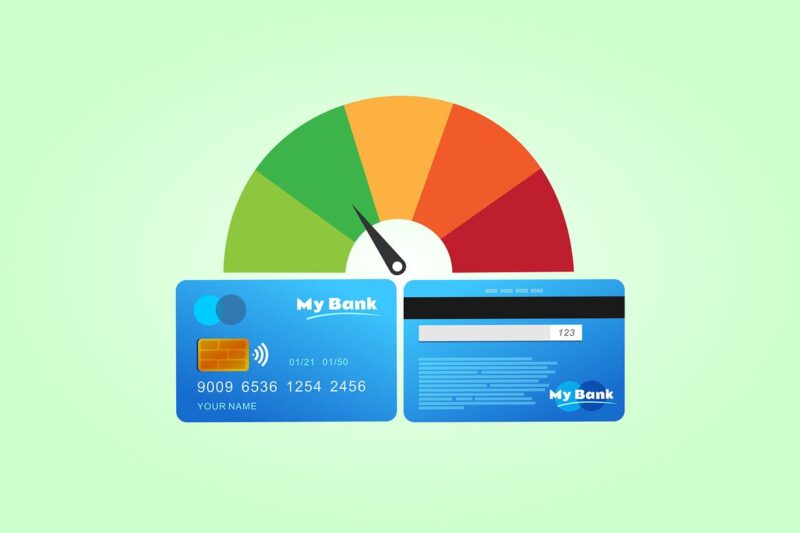Employers think about more than just your experience and skill set when you apply for a new position. Before hiring you, a lot of businesses also check your credit report. However, why does a job interview consider your financial history? Let’s learn the things that companies examine on credit reports and how your professional life may be affected by them.
What Is a Credit Report?
A credit report is a financial history of a person comprising their loans, credit cards, payments, and debts. In India, it is the credit bureaus like CIBIL, Experian, and Equifax that have the responsibility to keep these records.
Crediting and debiting are only a part of the data that are included in a report,
- Your full name, PAN, and how to reach you
- Your complete history regarding loan accounts and credit cards
- Your payment method, i.e., either on time or late
- Due amounts or non-payments
In hiring processes, credit reports are examined by employers to find out how responsible and trustworthy a person is, particularly when it comes to handling financial or managerial powers.
Why Employers Check Credit Reports
Let’s look at the main reasons why employers check credit reports before hiring,
| Reason | Explanation |
| Financial Responsibility | It helps employers see if you handle money wisely. |
| Trustworthiness | A clean credit history shows you’re reliable, especially for roles with financial duties. |
| Risk Assessment | It helps the company know if hiring you poses any financial or ethical risk. |
| Regulatory Compliance | Some industries, like banking or insurance, require background checks that include credit reports. |
| Character Indicator | How you manage credit often reflects how you handle responsibilities at work. |
Jobs Where Credit Reports Matter Most
Some jobs do not check credit. However, those industries where credit checking is common are,
- Banking and Finance – Responsible for money or customer account management
- Government Jobs – Must have security clearance or be in sensitive positions
- Corporate Roles – Executives and Accountant Roles
- Insurance and Lending Firms – Access to personal finance data
In such industries, it is quite logical to check the credit history of a potential employee, as it helps to find honest and trustworthy people.
Does a Poor Credit Report Mean Rejection?
Not really. A bad credit report may cause an employer to suspect you, but not necessarily result in your rejection. Usually, organisations are interested in patterns rather than single incidents.
Here are some ways you can deal with it,
- Be Honest: If it comes up, narrate the story behind the late payments or defaults.
- Demonstrate Progress: Provide evidence of debt repayment or credit score recovery.
- Review Your Report: Prior to applying, go through the employee credit reporting process with CIBIL or other bureaus.
- Fix Errors: Challenge any inaccurate information that may be bringing your score down.
Employers regard transparency as a positive quality; it is a sign of accountability and integrity.
How Credit Score Affects Job Opportunities
A favourable credit score, particularly for workers in the financial or leadership sectors, boosts your chances of getting hired. Here is a summary of how a credit score affects job opportunities in the long term.
- It provides professional credibility.
- Increases your possibility of getting promoted or assigned to higher responsibility positions
- Indicates your financial prudence
On the other hand, constant defaults or uncollected debts could hinder your prospects in the sensitive sectors.
How to Prepare Your Credit Report Before Applying for Jobs
The following are some easy steps to ensure that your credit report is in your favour,
- Pay your bills and EMIs on time.
- Keep your credit usage within
- Avoid applying for too many loans at once
- Regularly check your credit report for errors
- Use trusted platforms like Olyv to track your credit health and financial habits easily.
Olyv helps users monitor their credit score and spending behaviour, giving insights to improve their financial profile before job applications.
Conclusion
Employers check credit reports, and then they rate your dependability rather than your wealth. An excellent credit history makes you seem trustworthy, mature, and capable of handling your finances, which is helpful during the hiring process. Having a strong financial foundation may lead to a more enjoyable career path in addition to allowing you to take out loans with lower interest rates.




